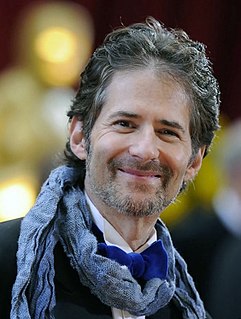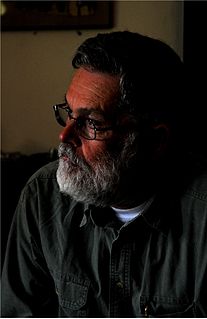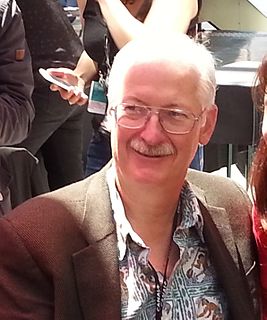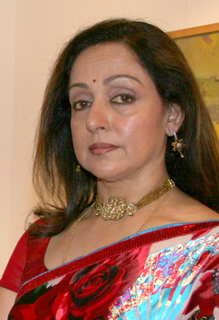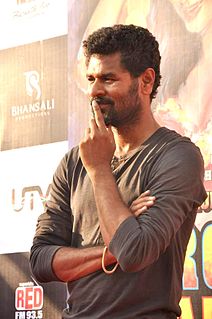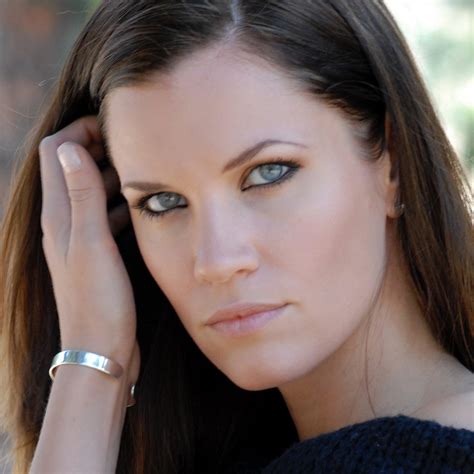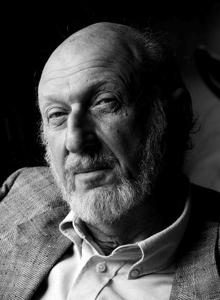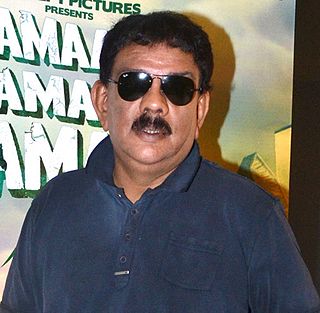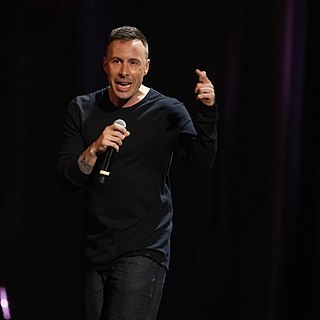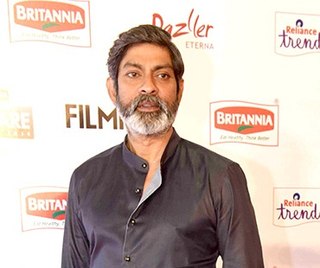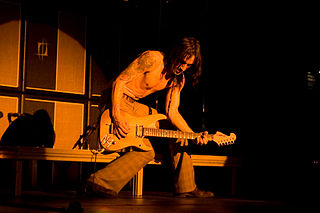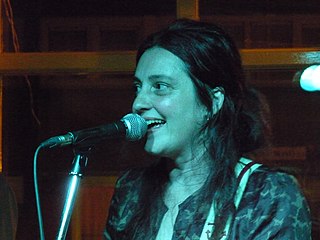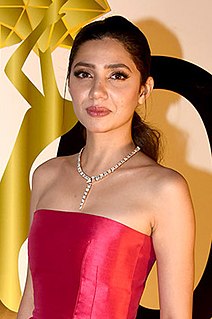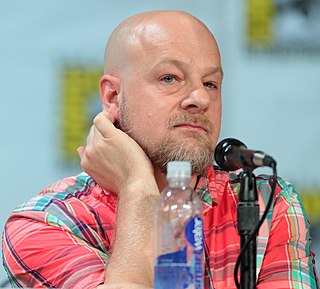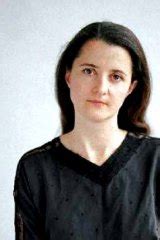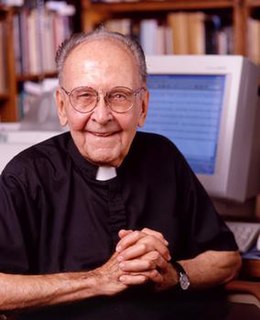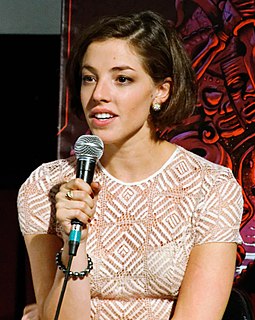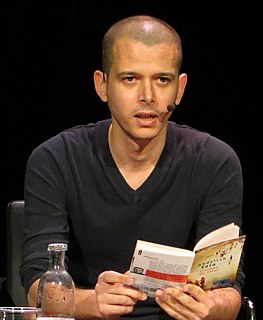Top 1200 Film Writing Quotes & Sayings - Page 10
Explore popular Film Writing quotes.
Last updated on December 19, 2024.
The secret to writing is writing. Lots of people I know talk about writing. They will tell me about the book they are going to write, or are thinking about writing, or may write some day in the future. And I know they will never do it. If someone is serious about writing, then they will sit down every day and put some words down on paper.
When I do a film score, I am basically nothing more than a fancy pencil for hire. I don't own any of the music when I am - it belongs to the film company - and likewise, when I am done, even if I come up with something astounding that I may want to revisit... in the world of film composition, you can't do that.
I started my career with her. I was supposed to do my first film in Tamil in which she was the other heroine. The film was titled 'Vennira Aadai.' It was a love triangle, with Jayalalithaaji and I playing the hero's two love interests. But the director Sridhar removed me from the film after a few days' shooting.
I went to Oberlin College, and they don't have a film major, but they do have what's called an individual major, where you can sort of pitch to a committee your own course study, and if they approve it, you have essentially just designed your own major. So Oberlin doesn't have a film major; they do have a film minor... And then my spring semester of my junior year, I went off to NYU film school as a visiting student - they have a program for kids from other schools to come in for a semester.
To find money to make a film, you have to write maybe 50 pages to explain what you'd like to do, what the film will be, but everybody lies. Because he doesn't know what the film will be. Everybody writes 50 pages and sends it to a TV channel, a producer, to get money, but everybody lies. Or else your film is not interesting.
Everybody used to be busy writing songs - great songs - that became hits. Now everybody's writing hits. Everybody's desperately writing a hit because they know they can't survive if they don't have a hit. Where in the past, we were writing a song like 'More Than Words' on a porch, not really believing it was gonna be a hit.
I don't think you could teach someone to be a genius, but you can certainly teach them to not make rookie mistakes and to look at writing the way a writer looks at writing, and not just the way a reader looks at writing. There are a lot of techniques and skills that can be taught that will be helpful to anybody, no matter how gifted they are, and I think writing programs can be very good for people.
A distinction must be made between that writing which enables us to hold on to life even as we are clinging to old hurts and wounds and that writing which offers to us a space where we are able to confront reality in such a way that we live more fully. Such writing is not an anchor that we mistakenly cling to so as not to drown. It is writing that truly rescues, that enables us to reach the shore, to recover.
The process of writing a book is infinitely more important than the book that is completed as a result of the writing, let alone the success or failure that book may have after it is written . . . the book is merely a symbol of the writing. In writing the book, I am living. I am growing. I am tapping myself. I am changing. The process is the product.
I would make a huge distinction between theater improvisation and film improvisation. There isn't much improvisation in film - there's virtually none. The people that theoretically could be good at this in a theater situation don't necessarily do this in a film in a way that will work, because it's much broader on a stage. But in a movie, it has to be real, and the characters have to look entirely real because it's being done as a faux documentary, so there are even fewer actors that can do that on film.









